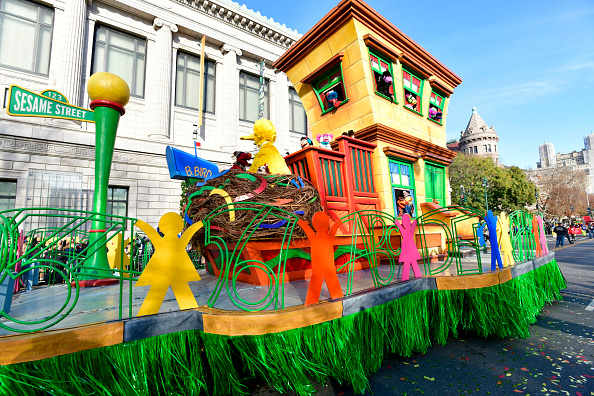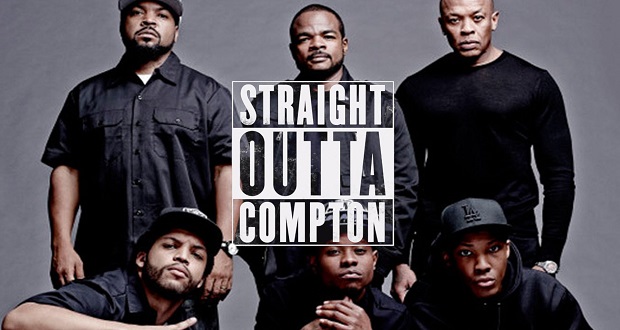
Every Black person remembers their first encounter with racism.
Sesame Place Philadelphia, the theme park located in Langhorne, PA in Bucks County based on the children’s show Sesame Street, has been receiving flak recently over an alleged racist incident with one of their performers portraying Rosita. In a recent visit to the park, two young Black girls were denied hugs and high-fives from the costumed character. Following the snub, the mom of one of the girls, and aunt to the other, posted a now viral video of the interaction. In the video, you see the character high-fiving and acknowledging other (non-Black) children, and when they approach the young Black girls, they appear to tell them “No” with a hand gesture and shake of the head and then proceed past them. The two young girls glance back toward the camera looking deflated. This is likely their first experience with racism and will be something they will never forget.
Since the initial video made its rounds, several other videos have surfaced showing similar treatment by the Rosita performer toward Black and Brown children. Sesame Place issued two statements following the outrage from the first video. The first statement, posted on Sesame Place’s Instagram account, was not received well. It portrayed the incident as a misunderstanding stating “the performer portraying the Rosita character confirmed that the ‘no’ hand gesture seen several times in the video was not directed to any specific person….” and further went on to say that the performer “did not intentionally ignore the girls.” After receiving pushback on that response, they issued a second statement which read:
“We sincerely apologize to the family for their experience in our park on Saturday; we know that it’s not OK. We are taking actions to do better. We are committed to making this right. We will conduct training for our employees so they better understand, recognize and deliver an inclusive, equitable and entertaining experience to our guests. For over 40 years, Sesame Place has worked to uphold the values of respect, inclusion and belonging. We are committed to doing a better job making children and families feel special, seen and included when they come to our parks.”
In our work at The Winters Group, we often see organizations turn to “training” as the band-aid solution after racist/sexist/homophobic etc. incidents. One issue we find with this is other employees, not involved in the incident, can feel as if they are being “punished” for something they did not do, are therefore resentful, and the training ends up not being successful. If Sesame Place has truly upheld the values of respect, inclusion and belonging for over 40 years, as claimed in the statement, then this training would already be part of the employee experience, and not done only in response to something like this. These values would be embedded into the culture of the organization and reflected by the performers and other employees.
Sesame Street itself has been known for breaking the diversity and inclusion barriers over its 53 year history. Over the years, they have introduced Muppets that reflect people that kids see everyday (e.g., in 2017 they introduced Julia, who has autism), and have tackled important issues like racism in an accessible way. The Rosita character, in fact, made history as Sesame Street’s first full-time bilingual puppet in 1991.
What saddens me is that this experience will be engrained in these little girls’ memories forever. When asked, what was your first experience with race? Their answer may very well be, “when Rosita would not high-five or hug me at Sesame Place in Philadelphia when I was 6.” Every Black person remembers their first encounter with racism.
In her book, Black Fatigue: How Racism Erodes the Mind, Body, and Spirit, Mary-Frances Winters discusses how racism affects Black people physically, mentally, and emotionally. And children are, unfortunately, not immune. In the book, Winters points out that youth who experience discrimination early in life face accelerated aging and are diagnosed with depression more often. Of course, I do not wish these effects on these beautiful Black girls at all; however this incident will be a defining moment and shape how they move throughout the world.
Every Black person remembers their first encounter with racism.


















